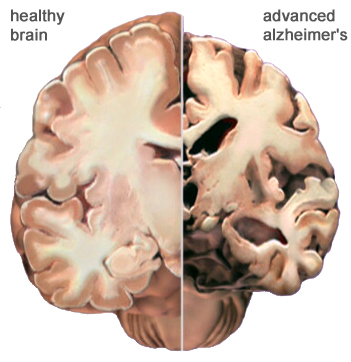
Article by Karan Naidoo
It can be frustrating and heartbreaking to see a loved one slipping away into dementia. It is also frustrating to caregivers who have to take care of those who show dementia symptoms, especially when they do not recognize their caregivers. This is a lonely condition which no one can understand. As one woman to started showing dementia symptoms in the early stages of Alzheimer’s disease put it, “It’s devastating seeing that I am not competent anymore in some areas, both small and large. Coming to terms with my own deficiencies is hard.” Earning some of the dementia symptoms will help us to be more understanding of our loved ones.
One of the symptoms is memory. Due to death of brain cells as a result of disease or injury, a sufferer finds it difficult or impossible to assimilate new material and hence old and new memories are lost. The world becomes less defined that it had been to the sufferer. Memory loss is one reason why people with dementia tend to act slowly. Every step and thought has to be thought through since the entire memory context has been ripped away. For the caregiver, being away of these dementia symptoms associated with memory loss can be frightening, baffling and frustrating. a typical dementia symptom is that of having memories pop in and out. At one time, they will remember you and the next minute, they have no clue who you are.
Early dementia symptoms also include difficulty in communication. Sufferers have a hard time following conversations. because of the difficulty of navigating around countless words, it can reach a point where even the basic articulation of words gets difficult. in such situations, all a caregiver can do is to guess what the patient wants. At times, it can seem as if the patient is lying. rather, he or she is just trying to replace lost memories with fabrications that are unconscious. Our brains try to make sense of things and when whole experiences are lost with dementia patients, the unconscious mind tries to fill the gaps by swapping old memories with plausible alternatives and hence the seemingly intentional deception.
It is not uncommon for people exhibiting dementia symptoms to wander in seemingly random directions. Sometimes this is due to boredom and at other times, the person may suddenly become unfamiliar with his or her surroundings and want to search for a place he or she recognizes and where they feel safe. Other symptoms include fear, aggression and paranoia. when caregivers understand why a patient these dementia symptoms, they are more likely to offer the needed help.
about the Author
Karan has been involved with internet marketing for nearly 4 years and is an avid writer who writes on various subjects. Come visit his latest website at coffemaker.org/ which helps people find and review the best Coffe Maker at the best prices.